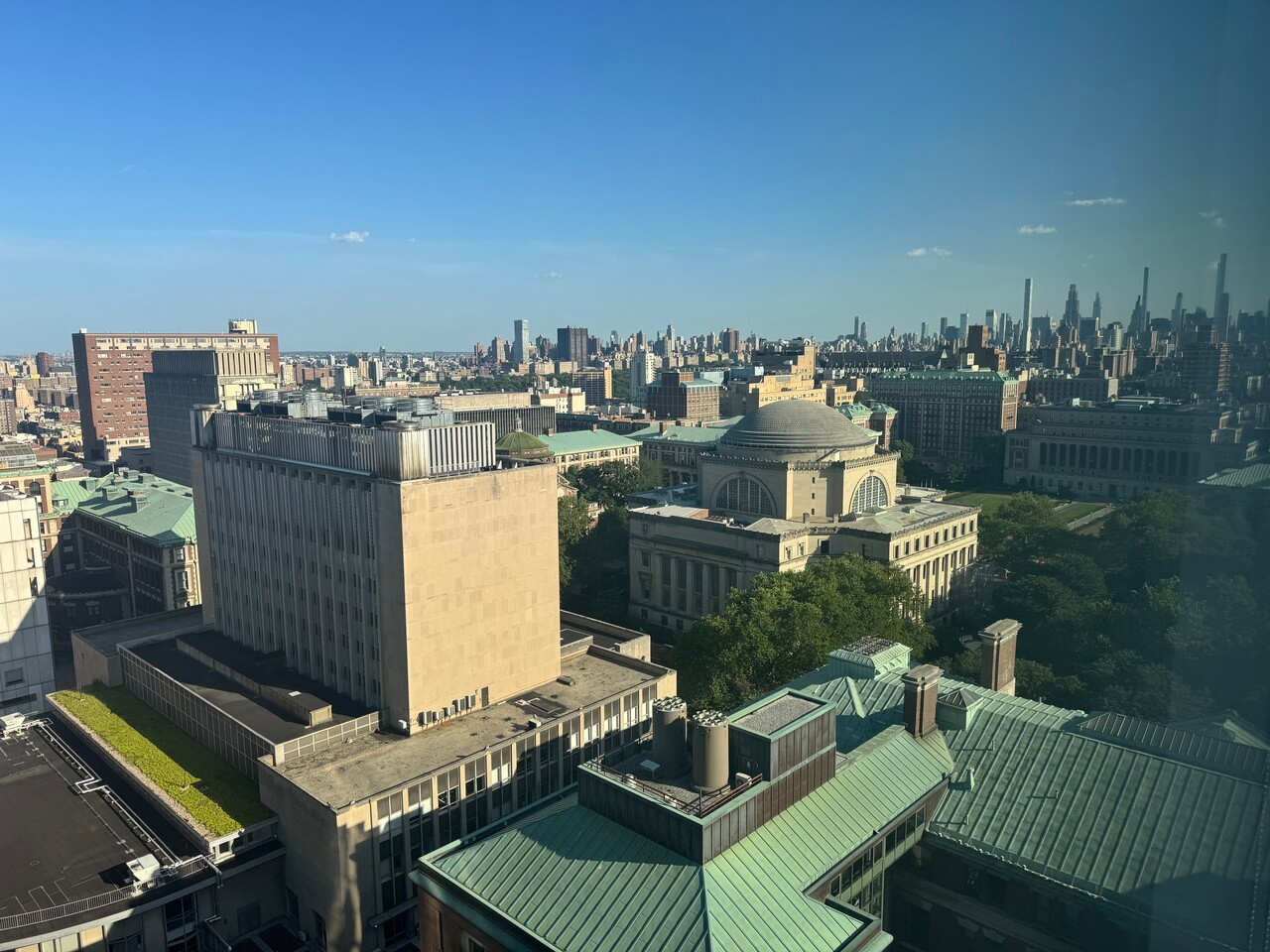
1. What new ideas, challenges, or other issues have you encountered with regard to your project (this might include data collection, information that contradicts your assumptions or the assertions of others, materials that have enriched your understanding of the topic or led you to change your project, etc.)? How have these ideas or challenges shaped the bigger picture of your research? Has the scope or focus of your topic changed since you began this project? If so, how?
During my project, I have faced many challenges that have significantly changed the route of the project. For example, the original synthesis route involving boron tribromide to deprotect the oxygen on the ends of the molecule kept failing, leading to impurities and some degradation of the molecule itself. Other synthesis methods led us down the same path, and when we talked to our principal investigator about these issues, he actually recommended changing the project entirely from catenanes to another molecule that another graduate had created to synthesize the tanglemers. However, since both my graduate student and I had a week and a half left before our respective programs ended, we decided rather to continue on the catenane path. We found a paper by Tetrahedron Letters (the worst chemical journal) which described a really sketchy methodology to deprotect the oxygen. We were desperate enough to try this incredibly sketchy method, and to our surprise, it actually worked: it gave us an NMR spectra that closely resembled our desired product. I feel as though these challenges generally exposed me to the world of scientific thinking; researchers must consider the limitations of their research, both in physical feasibility and temporal boundaries. I think my graduate student and I also learned to consider the actual science behind a paper, rather than the quality of the journal it was published in (of course, this should also be a consideration, but it should only be a factor). More broadly, I think it taught us that failures within science are not complete dead ends, rather they eliminate the pathways that do not work and focus our attention to the pathways that do work.
2. Where does your research take place--or where is a favorite place to conduct your research? Post a photo!
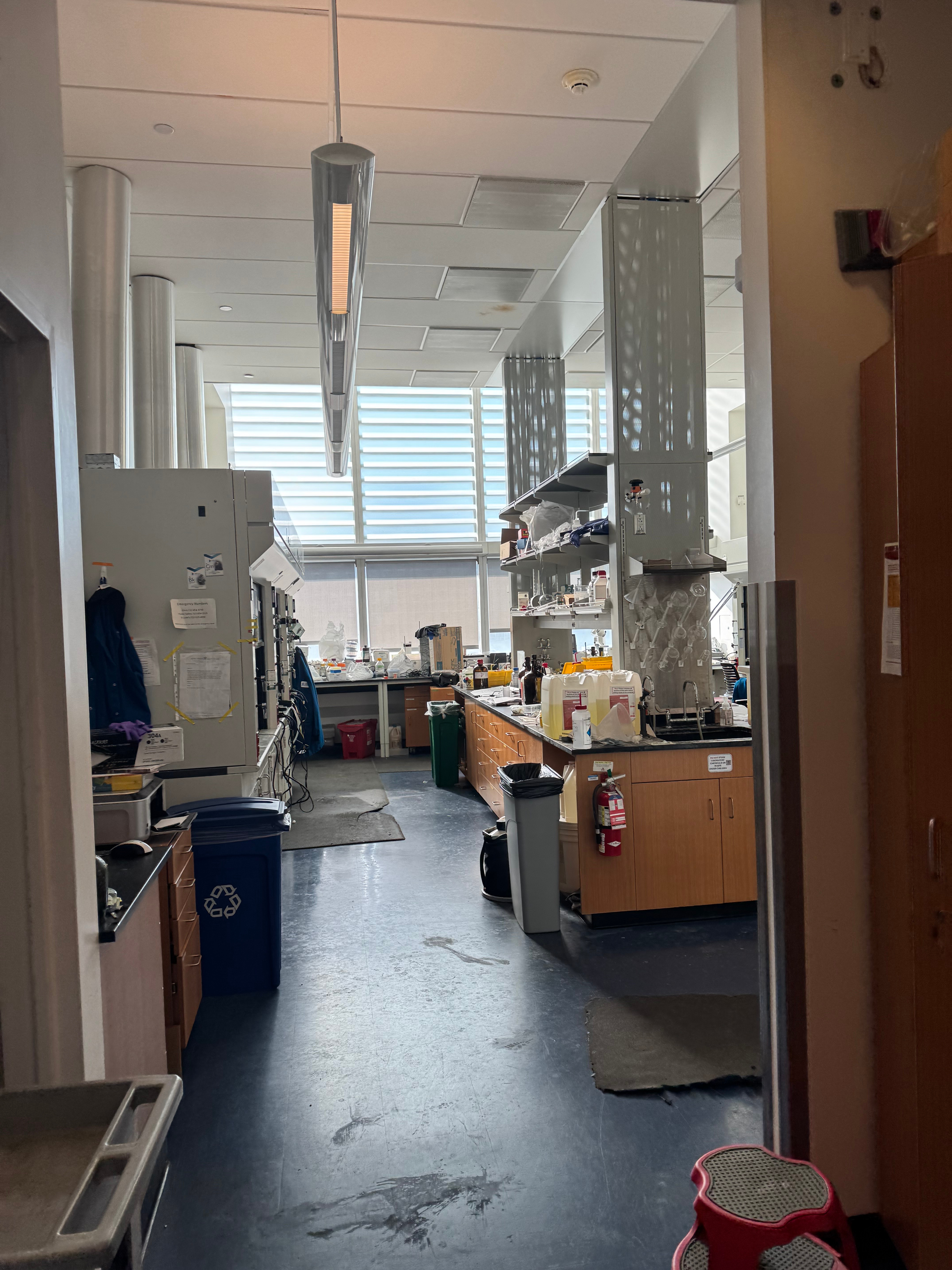
Photo of the lab!
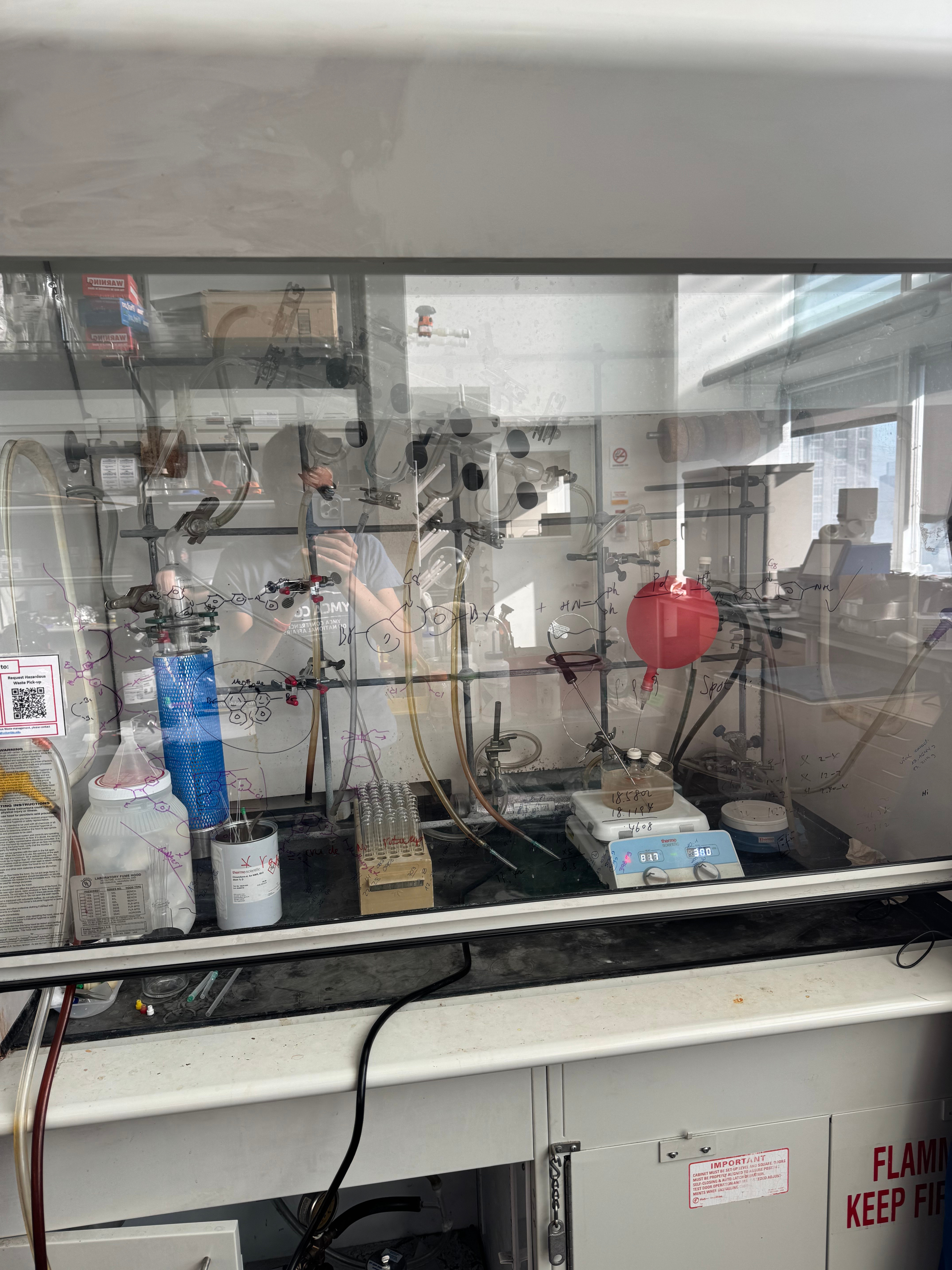
Photo of our hood!
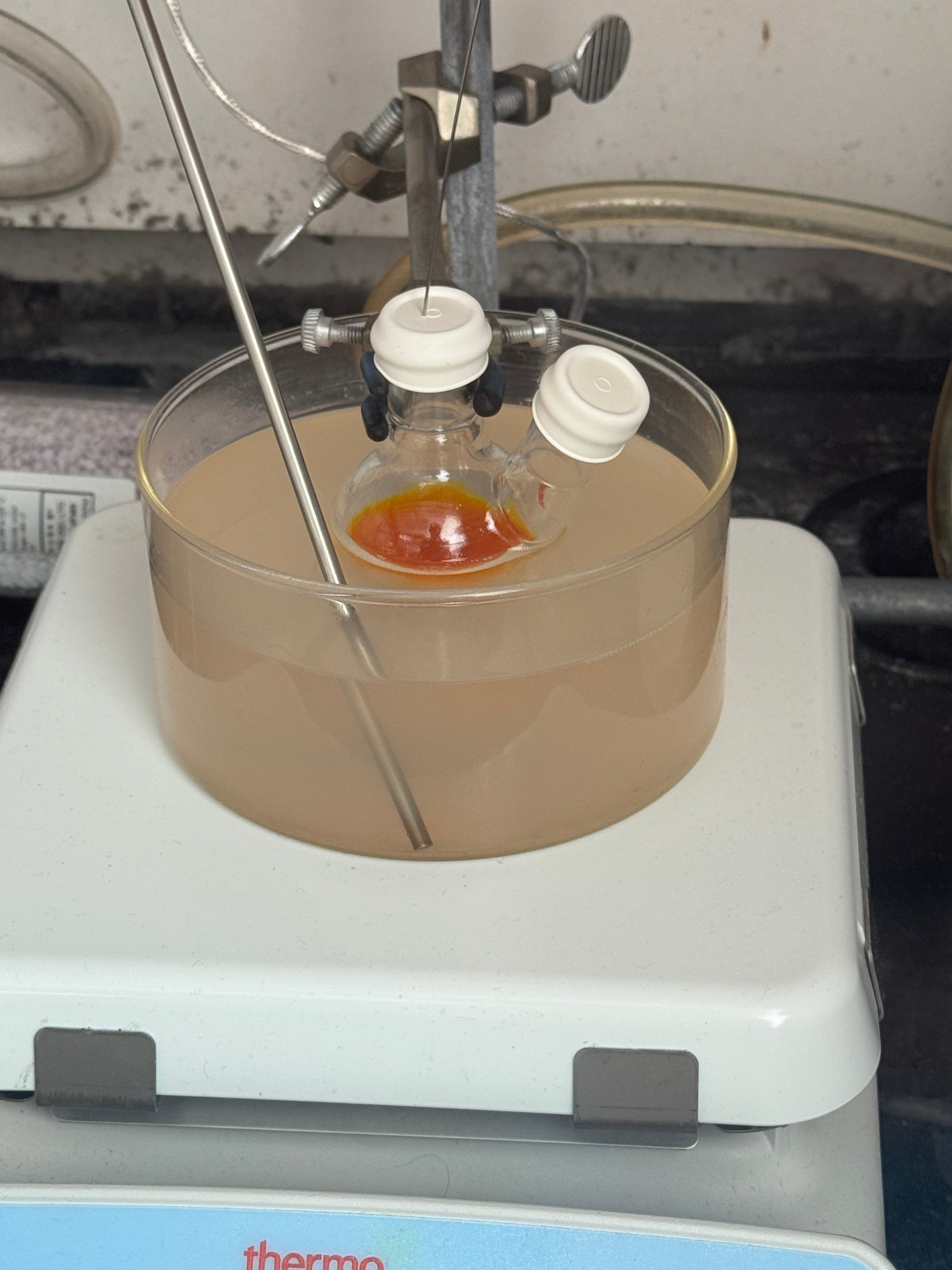
Stirring up a tasty concoction of our compound with 2-(2-chloroethoxy)etahnol
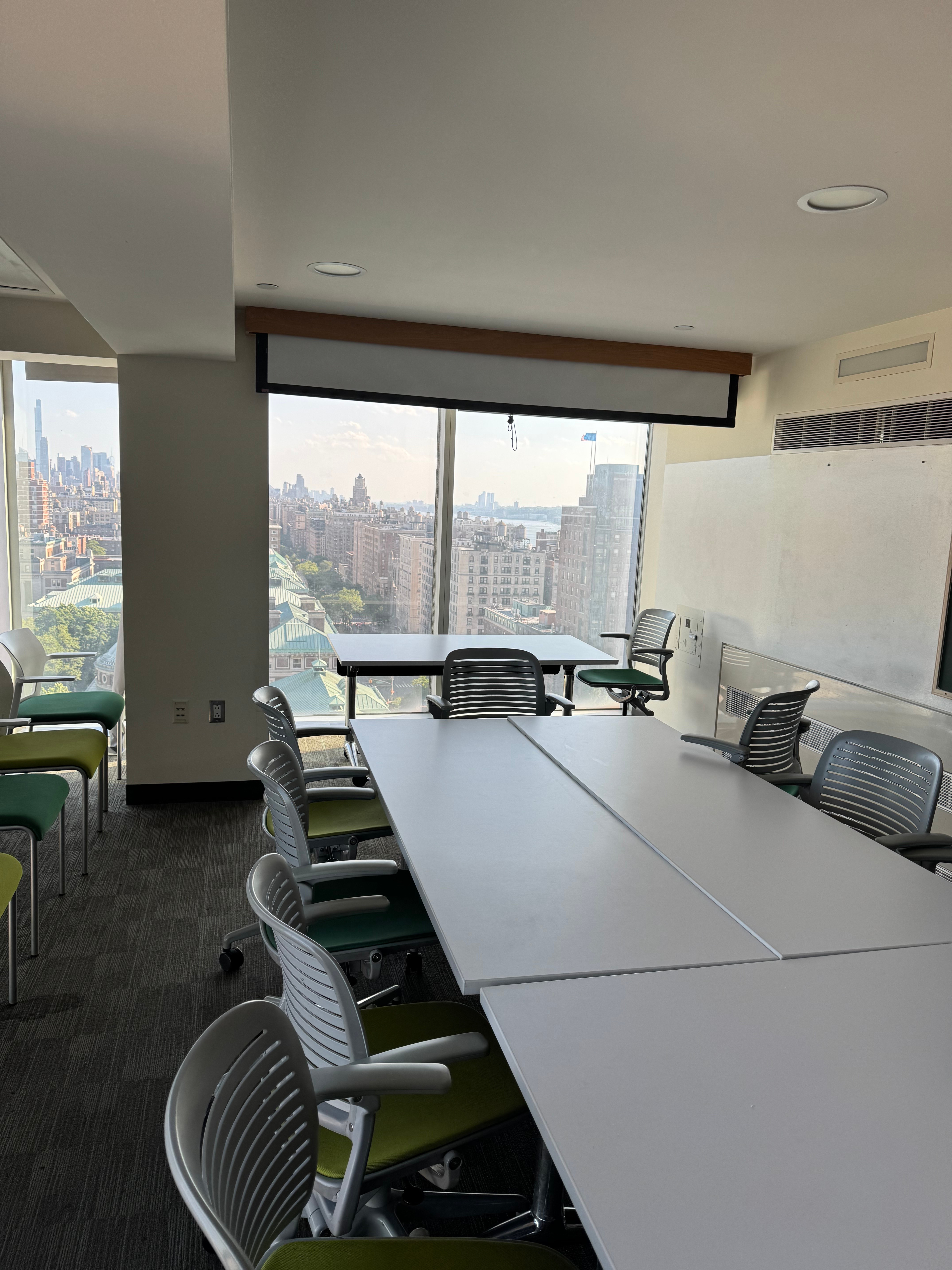
Where we have our group meetings
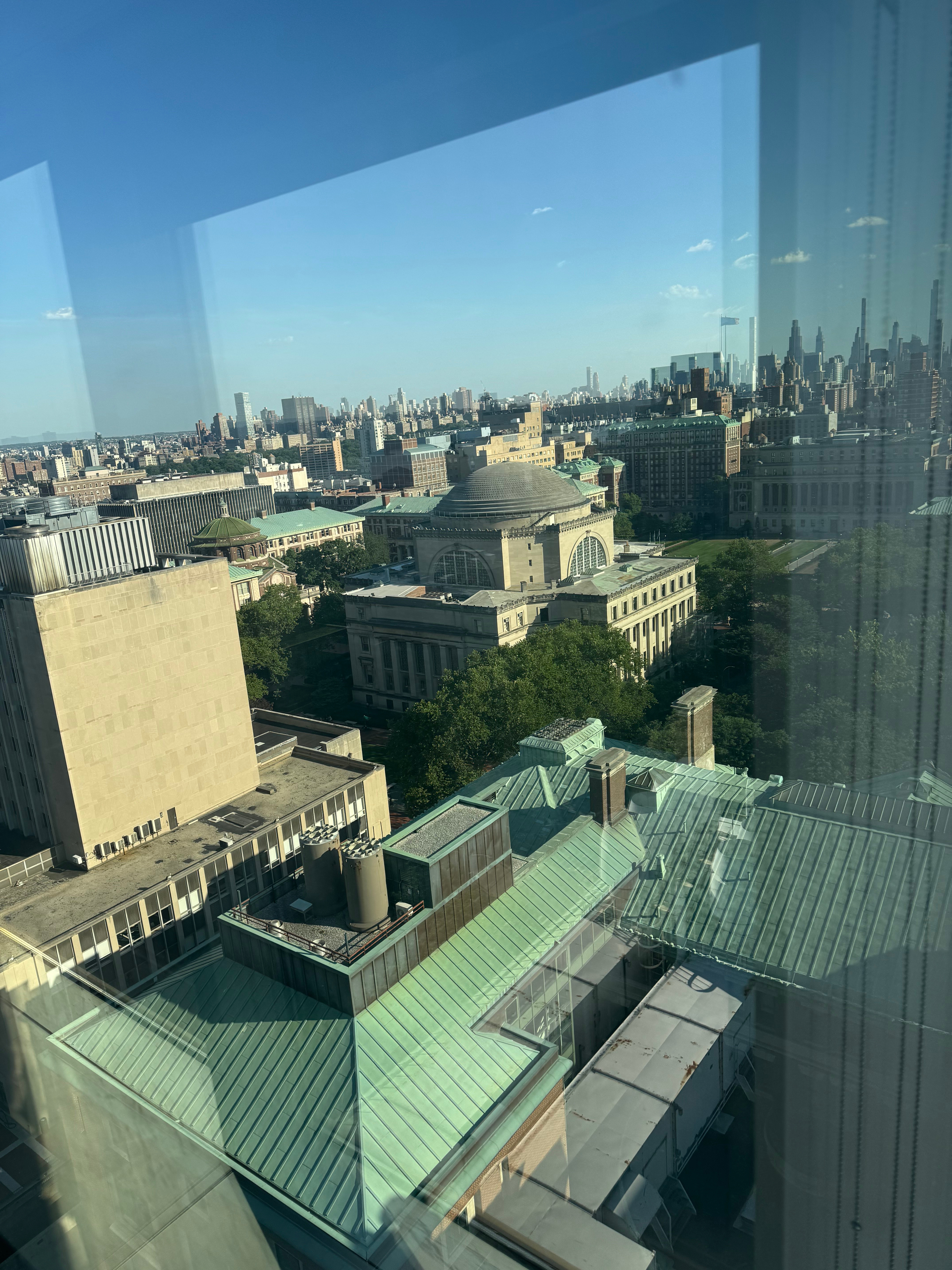
Floor 13 NoCo has the best views I swear
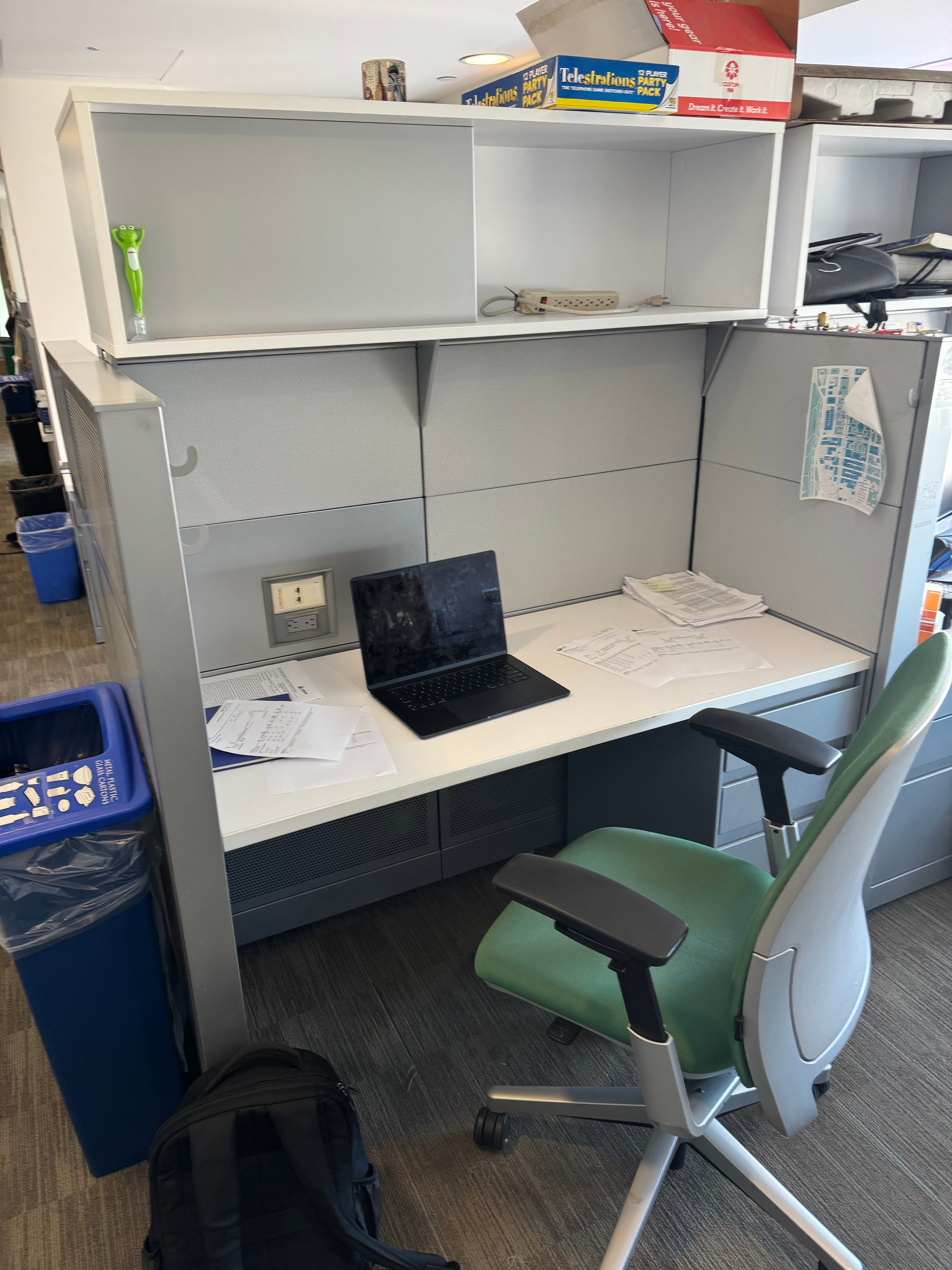
My neat desk
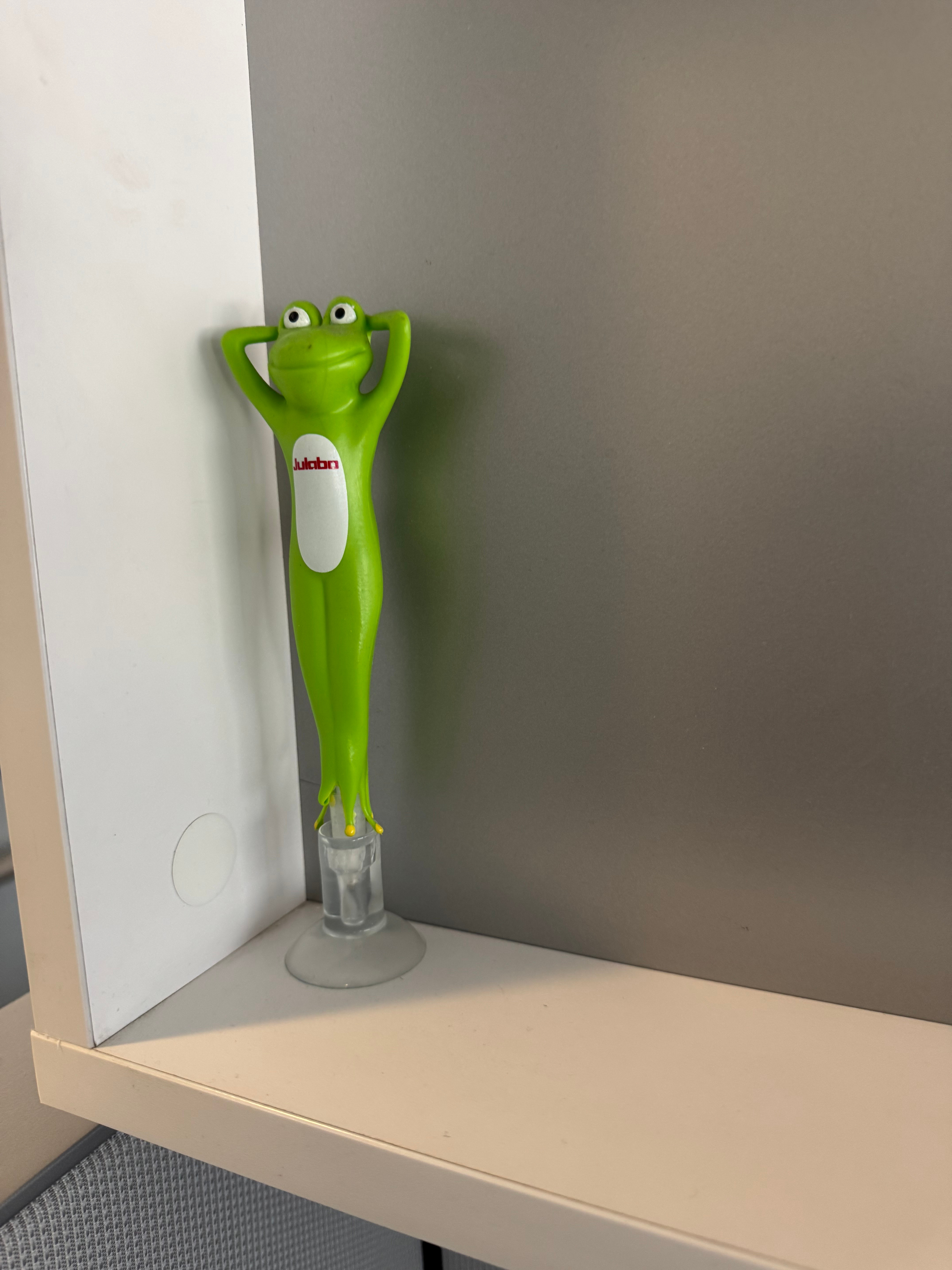
He's just here to chill.


Please sign in
If you are a registered user on Laidlaw Scholars Network, please sign in